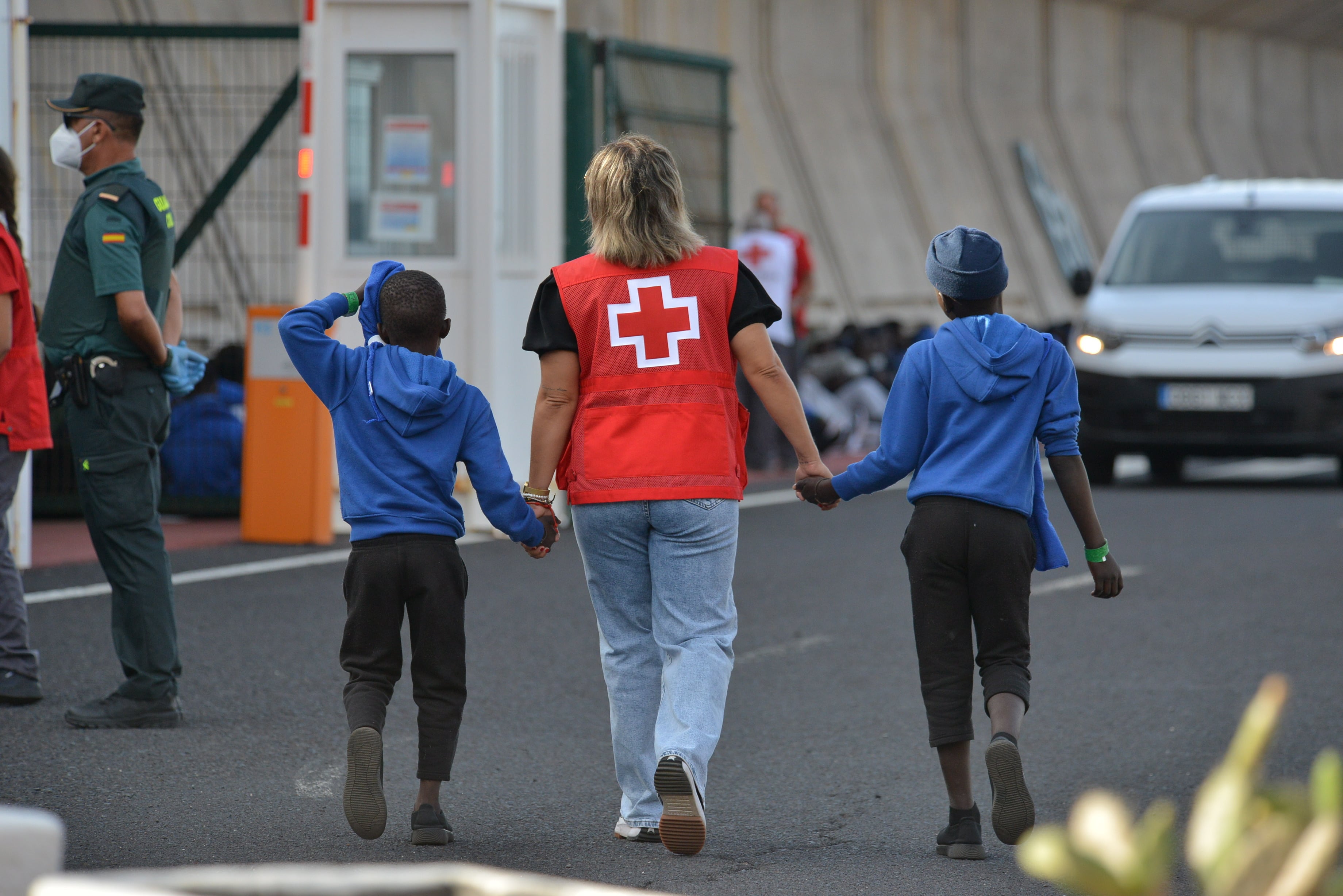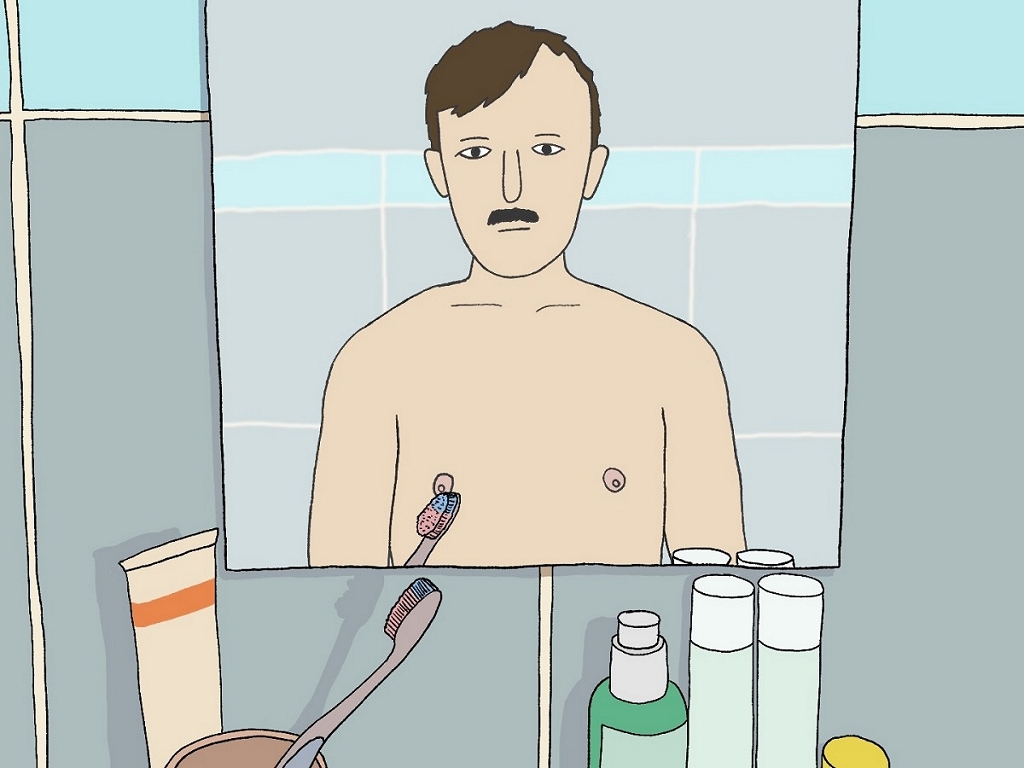The communities allege over -occupation with foreign minors and Aragon refuses to inform the government | Spain

The deadline for autonomous communities to send to the Government the figures on unaccompanied migrants who have welcomed the edge of midnight on Monday and almost all territories have alleged over -occupation of their reception services. The contribution of these data is one of the previous steps required by the Government to calculate – with updated numbers, because those who were handled so far were December 2023 – the existing places and the reception effort made by each community, all to establish the future distribution of the 4,400 minors that are now overcrowded in the Canary Islands and Ceuta. Congress will vote on April 10 the validation of the Royal Decree Law agreed by the Executive with Junts that reforms the Foreigner Law to allow automatic transfers when an regional protection system is triple of its capacity. Initially, the PP came to threaten a rebellion against the distribution of minors, but those positions have been modulated and Genoa guaranteed Monday that their autonomous governments will comply with the law.
According to data collected by El País, Aragon has been The only autonomous community that has refused to deliver the figures to the government in timewith the argument that it will not do so until the precautionary measures that requested the courts against the request provided for in the decree law are resolved. In their responses to the Ministry of Youth and Childhood, communities have alleged over -occupation of the places they have to welcome minors. In any case, according to the design of the distribution included in the reform of the law, the most relevant to establish how many minors must host the communities is the number of places that each one should have depending on a series of parameters.
In the case of Madrid, one of the communities that has announced that it will resort to the Constitutional Court the decree that allows the distribution of the minors, the figures sent to the government speak of 2,442 minors served in 2024 and an overocupation of 132% of its places. However, according to the preliminary calculation of the Ministry of Youth and Childhood, the Community of Madrid is the region that would receive more minors with the criterion of the difference between the places available and the ideal number that, according to youth, should have. This is: the lower the effort made in strengthening the system so far, the more minors you will receive. In fact, the projections that the government has worked establish that This community should have the capacity to host more than 3,000 minors. The extra financing of the government will cover from these occupation thresholds.
It is a situation similar to that of Andalusia. According to its figures, in 2024 it served 2,615 migrant minors alone. And the effective occupation of the 6,092 places that it has for the entire minor protection system, whether foreigners or not —2.968 in residential foster care and 3,124 in family care – is 96.32%, that this community considers “to the limit”. However, depending on its population and the dimension of the reception system that it should have, it will be the second community that receives more minors. A case contrary to Catalonia, whose data includes 6,450 children and young migrants alone, of which 2,242 are minors and 4,208, of legal age in health extension, a capacity of the system closest to optimal system. This fact will result in less minors to receive.
The number of unaccompanied foreign minors and the total capacity of their minors protection system are the two data for which the ministry directed by Sira Rego (add) has asked. But in the list of criteria that will encrypt the cast, and with greater weight than these two, the population of each community, the per capita income or the unemployment rate.
Regarding Aragon’s refusal to send the information, sources from the Ministry say that it is the community itself that is affected: “The sending of the requested data results only for the benefit of the territories, since it will allow the real situation of the system of each community to be taken into account when adjusting the collective and solidarity effort in the field of reception”.
The case of Castilla-La Mancha is also illustrative of the mechanism. In his response to the government, he indicates that the 139 unaccompanied migrants who have welcomed at this time represent an occupation of 463% of the places. Again, for redistribution as it is designed at this time, what matters is how many places should have ideally according to the internal calculation of youth and childhood. The minister will announce the details of the data collected in a public appearance on Tuesday.
Other communities reported an occupation of 100%of their places or a slightly higher percentage: Galicia (273 migrants not accompanied to 108%), Extremadura (126 minors and an occupation of 111%), Asturias (99 minors and 100%occupancy) or Navarra (164 minors and 102%occupation).
Despite the frontal rejection, there are governments of the PP that have sent their information to the Ministry. In the case of Cantabria, the Minister of Inclusion, Begoña Gómez del Río-who reported 22 foreign minors welcomed in a total of 36 places-affirmed that his government understands “that Royal Decree-Law 2/2025 (which allows the cast) is unconstitutional” and that they will activate “the legal defense mechanisms” against the norm. In the same line, the Social Policy Ministry of the Region of Murcia, Conchita Ruiz, spoke that reported that it currently has 619 occupied places: “Now they are data that the Ministry has to work and we hope that they will be transparent to transfer the criteria they will use, that they are egalitarian in terms of the treatment of all the autonomous communities and that it is not a custom suit with Catalonia after those agreements. independence ”.
« We have been more than a year and a half, in which the communities of the PP have left functions on minors who arrive from certain areas. It is important to know the situation of the reception system in each autonomy. A minor migrant first is less and then migrant, » said Minister Elma Elma Saiz (inclusion, social security and migrations on Monday. In a press conference in Genoa, its spokesman, Borja Sémper, indicated that the popular communities « will comply with the law with a moral and ethical principle that is inexcusable, and is also to comply with the minimum humanitarian conditions required for the treatment of unaccompanied minors, » Virginia Martínez reports. « And, therefore, they will also comply with the interests and the rights of the citizens they serve and who also claim that their autonomous communities, in any case, have sufficient resources to meet their unaccompanied minors in a humanitarian way, » he added. Likewise, the national spokesman of the PP recalled that a week ago the Supreme Court gave the government 10 days to « take over the thousand unaccompanied minors who have requested asylum in the Canary Islands. »






:format(webp)/s3/static.nrc.nl/images/gn4/stripped/data133314127-765aec.jpg)
